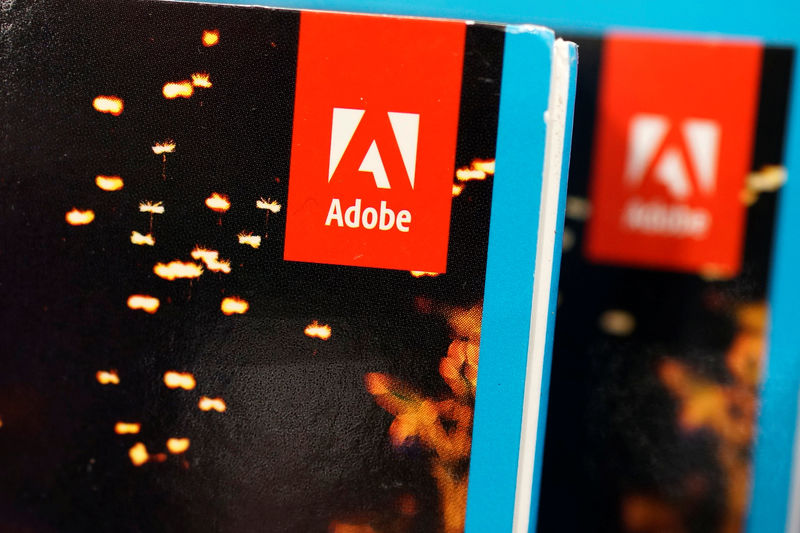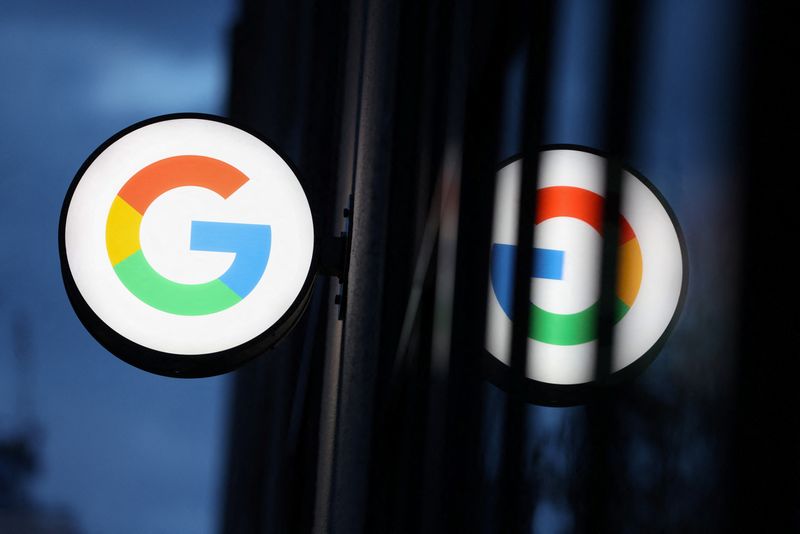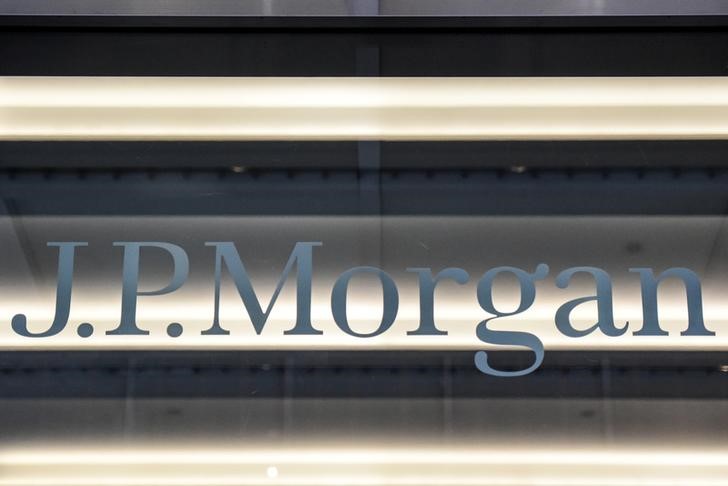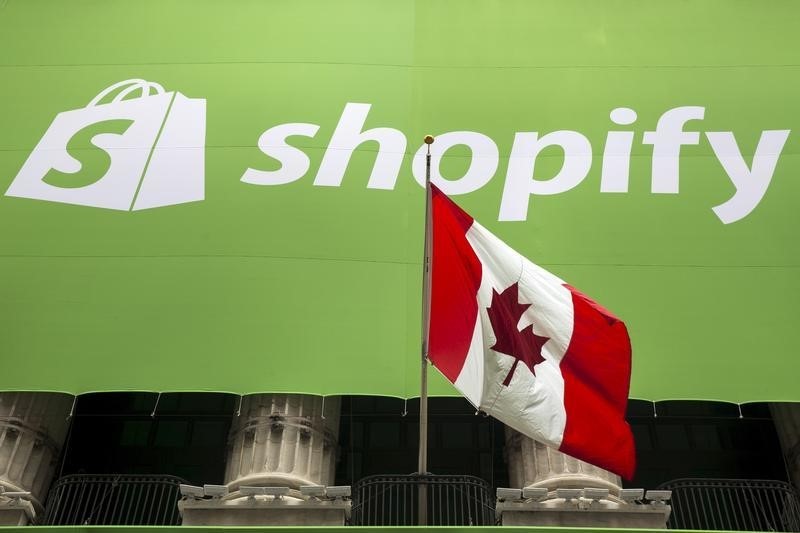By Medha Singh, Chibuike Oguh and Hannah Lang
(Reuters) -Shares of “buy now, pay later” provider Affirm Holdings (NASDAQ:) extended a rally on Tuesday following a rating upgrade and data showing that more price-conscious shoppers turned to BNPL services to fund Cyber Monday purchases.
Record sales of $12.4 billion on one of the country’s busiest shopping days have highlighted the growing role of BNPL providers like Affirm, as well as rivals PayPal (NASDAQ:), Afterpay, Klarna and Zip, in driving online retail shopping.
U.S. BNPL use hit an all-time high on Cyber Monday, contributing $940 million in online spending, up 42.5% from a year earlier, Adobe (NASDAQ:) Analytics data showed. The number of items per order rose by 11%, according to Adobe, as shoppers used BNPL for increasingly larger carts.
BNPL providers partner with online merchants such as Amazon.com (NASDAQ:), Target and Walmart (NYSE:) to extend loans to customers to cover purchases, which they pay back in installments. Their loans typically charge zero interest, helping to increase dramatically the affordability of online goods, particularly for shoppers who have lower credit scores.
Affirm’s shares finished up 11.5% at $32.75 on Tuesday, a day after gaining 12% on Cyber Monday and following Black Friday, another day in which U.S. shoppers seized upon widespread discounts.
Jefferies analysts on Tuesday raised their target price on the San Francisco-based company from $9.50 to $30, citing increased loan demand, improved funding conditions and better credit performance of its securities.
Affirm’s stock price has more than tripled this year, buoyed by increased demand for its services from customers faced with higher interest rates and red-hot inflation, as well as an extended partnership with Amazon’s business-to-business store.
“AFRM is benefiting from the current inflationary/macro pressures consumers are facing as BNPL is now becoming a convenient solution from holiday shopping to gas/groceries,” the Jefferies analysts led by John Hecht wrote.
Other analysts said the company was overvalued.
“It’s a very competitive market,” said Kevin Barker at Piper Sandler, noting that Affirm trades at approximately 60 times its projected earnings for next year, yet is not profitable. Barker currently has an “underweight” rating on the company’s stock.
Affirm’s net loss had narrowed 32% to $171.8 million in the third quarter. The company mostly lends to near-prime and prime borrowers, but has tightened its credit standards this year, the company has said.
“Consumers are voting with their wallets as they increasingly embrace more transparent and flexible payment options like Affirm,” an Affirm spokesperson said on Tuesday.
“We provide consumers with increased purchasing power, and greater control over managing their finances.”
DOWNSIDE RISK?
Affirm raises funding from banks, insurance firms and the capital markets to front up loans, and earns a commission from merchants – which can sometimes be as high as 12.5%. While BNPL providers’ most popular four-installment products are typically interest-free, some charge interest on other purchases. Affirm does not charge late fees, but other providers do.
Affirm offloads some of its loans to investors via sales of asset-backed securities. Some other BNPL providers – including Sweden’s Klarna, which recently turned profitable- are able to partly fund loans through their deposit-taking banking arms or robust payments business.
Despite booming business, BNPL margins are thin. According to regulatory data, average unit margins at the major five BNPL lenders were 1.01% of gross merchandise volume in 2021.
Affirm’s stock remains at a fraction of the all-time $176.65 high it reached in November 2021 during the pandemic online shopping boom.
Brian Mulberry, client portfolio manager at Zacks Investment Management, warned that some borrowers may be unable to make good on their loans if the economy slows. “We definitely have questions about the viability of the BNPL firms if the economic picture turns the way some people are expecting it to,” he said.
Read the full article here














